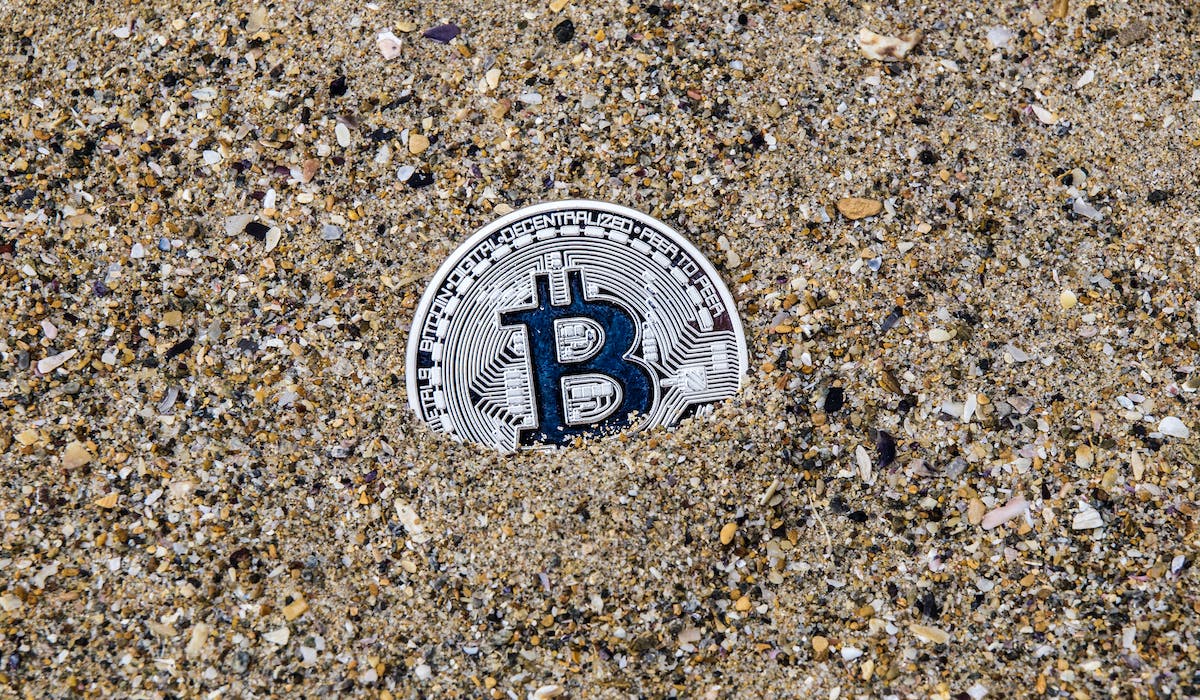
- Bitcoin’s potential to achieve parity with gold could lead to a U.S. government crackdown, akin to the 1933 gold confiscation.
- Such measures could centralize Bitcoin, challenging its decentralized nature and redefining cryptocurrency ownership and regulation.
The Bitcoin community is currently embroiled in a heated debate over a potentially unprecedented move by the U.S. government that could mirror the historic 1933 gold confiscation, a scenario now ominously dubbed “6102” in crypto circles. David Bailey, the CEO of BTC Media, has been at the forefront of this discussion, propelling the conversation into the limelight with a series of bold predictions on social media platforms.
How I think a modern 6102 goes down: Within next 6 years Bitcoin hits parity with gold (I actually think we go beyond by next cycle). $13t.
That $13t in asset appreciation metastasizes through the economy and capital markets via massive credit expansion and accelerated consumer…
— David Bailey
ActivateCTV (@DavidFBailey) February 18, 2024
Bailey’s Theory: Bitcoin Achieves Parity with Gold
According to Bailey, the journey towards Bitcoin achieving parity with gold is not just a possibility but an impending reality. He suggests that within the next six years, Bitcoin could not only reach parity with gold but even surpass it, catapulting its market valuation to a staggering $13 trillion.
This achievement would not only cement Bitcoin’s status as a premier asset class but also trigger far-reaching effects across global financial systems.
Bailey envisions the surge in Bitcoin’s value as a catalyst for massive credit expansion and accelerated consumer spending, leading to a significant market correction. He anticipates a 75% drawdown that could obliterate over $8 trillion in collateral value, resulting in a credit crunch and widespread asset liquidation. This scenario, Bailey argues, would echo the devastating impacts of historical market crashes but on a scale previously unimaginable.
Anticipated Federal Response: A Digital Age Gold Confiscation
In response to the financial turmoil, Bailey predicts the federal government might take drastic measures akin to the 1933 gold confiscation order, but adapted for the digital age. This could involve the nationalization of Bitcoin custodians like Coinbase, effectively turning privately held BTC into a federal asset and stripping BTC holders of their assets in a bid to stabilize the financial system.
The Centralization of Bitcoin and the Federal Narrative
Such measures, Bailey suggests, would centralize what was inherently designed to be a decentralized asset, with the government framing Bitcoin and its meteoric rise as the culprits behind financial instability. This narrative, according to Bailey, could serve as a pretext for sweeping regulatory action, fundamentally redefining the landscape of cryptocurrency ownership and regulation.
At the time of writing, the price of BTC has risen 1.21% in the last 24 hours, reaching a price of $52,680.27. This represents an increase of 6.45% over the past 7 days.





















